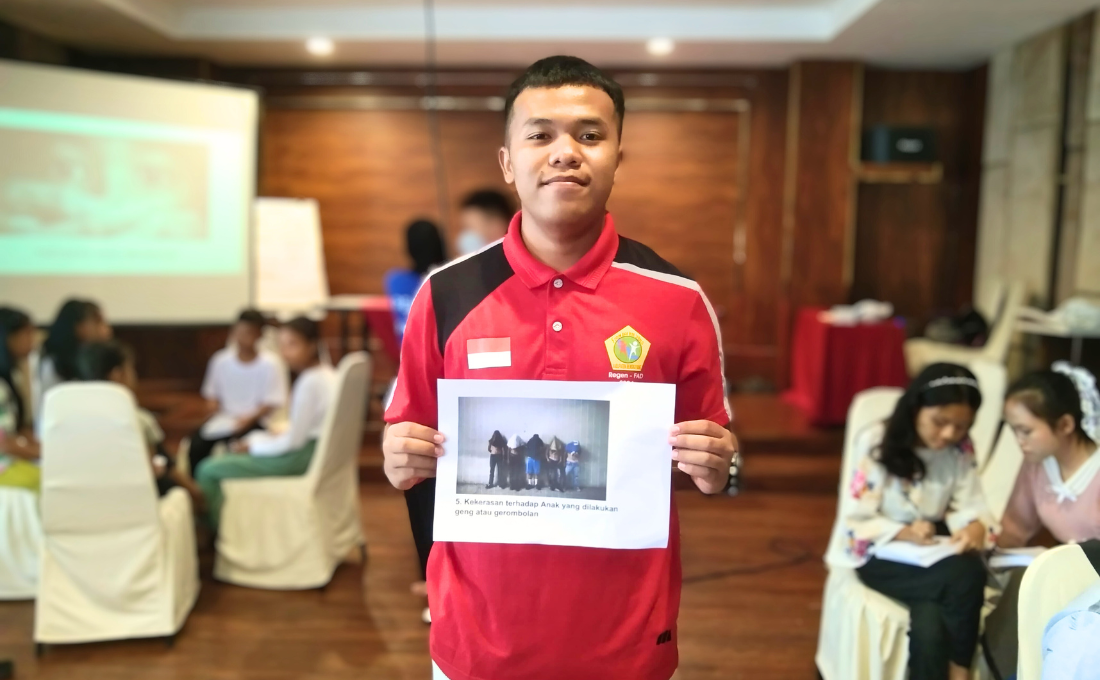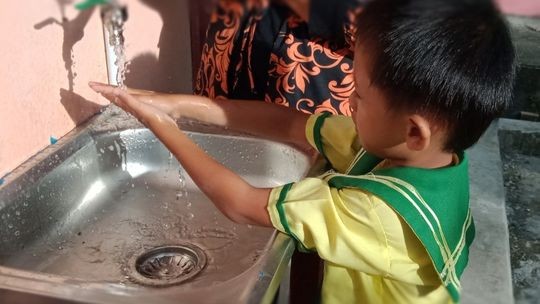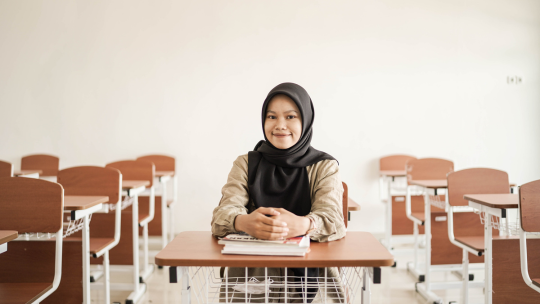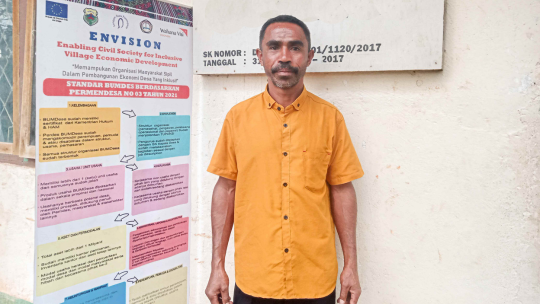Critical Thinking for Young Minds

In our daily lives, many children tend to react to problems impulsively or simply ignore them, without considering more effective solutions. One way to change this is by developing critical thinking skills. When a child is accustomed to thinking critically, they can make wiser decisions, analyse situations more deeply, and plan more appropriate steps when faced with challenges.
This kind of issue is often experienced by Meigi, a 17-year-old boy, who frequently feels confused when facing certain problems. As a result, he tends to simply accept things without thinking more deeply. He began to learn that even children can find solutions to the challenges they face after joining the Children's Forum in his village. He lives in one of Wahana Visi Indonesia’s assisted village in Bengkayang Regency, West Kalimantan.
"At first, I wasn't that interested in the activity, but I also felt like it was an opportunity not to be missed. It wouldn't hurt to get involved in the Children's Forum," Meigi began his story.
On his first day at the Children's Forum, Meigi met new friends and took part in various sessions he found interesting. However, what had the most impact on him was a session on life skills, specifically a module on how to think critically. Previously, Meigi had never really understood what critical thinking was. He had always accepted information from other people without questioning or analysing it. But through the material, which was delivered in a simple and easy-to-understand way, Meigi began to realise the importance of thinking more sharply and carefully.
The facilitator in the session taught them not to just accept information as it is, but to always ask why, how, what's the evidence. The children also practised solving problems and analysing situations from various perspectives. Meigi was surprised, as he realised that many things he had taken for granted could actually be seen in a different way if he thought more critically.
Since then, Meigi has started to be more careful in making decisions and is no longer easily influenced by other people's opinions. When he faces a problem, he no longer immediately panics or gets confused. Instead, Meigi now takes the time to think about the best solution by considering various factors.
This change became something valuable in his daily life. Meigi started asking his parents about many things, not just accepting information as it is. "I also feel more confident when discussing things with my friends because I now know how to express my opinions with strong arguments," he said.
Through the Children's Forum and the critical thinking module, Meigi realised that life is not just about accepting what exists, but about how we process information and make wiser decisions. Meigi now feels more ready to face life's challenges because he knows that every problem can be solved if he dares to think critically and see it from various perspectives.
Author: John Darwis, Charis Trijayanto Welly, Friska Devita (Bengkayang Area Programme team members)
Editor: Mariana Kurniawati (Communication Executive)



